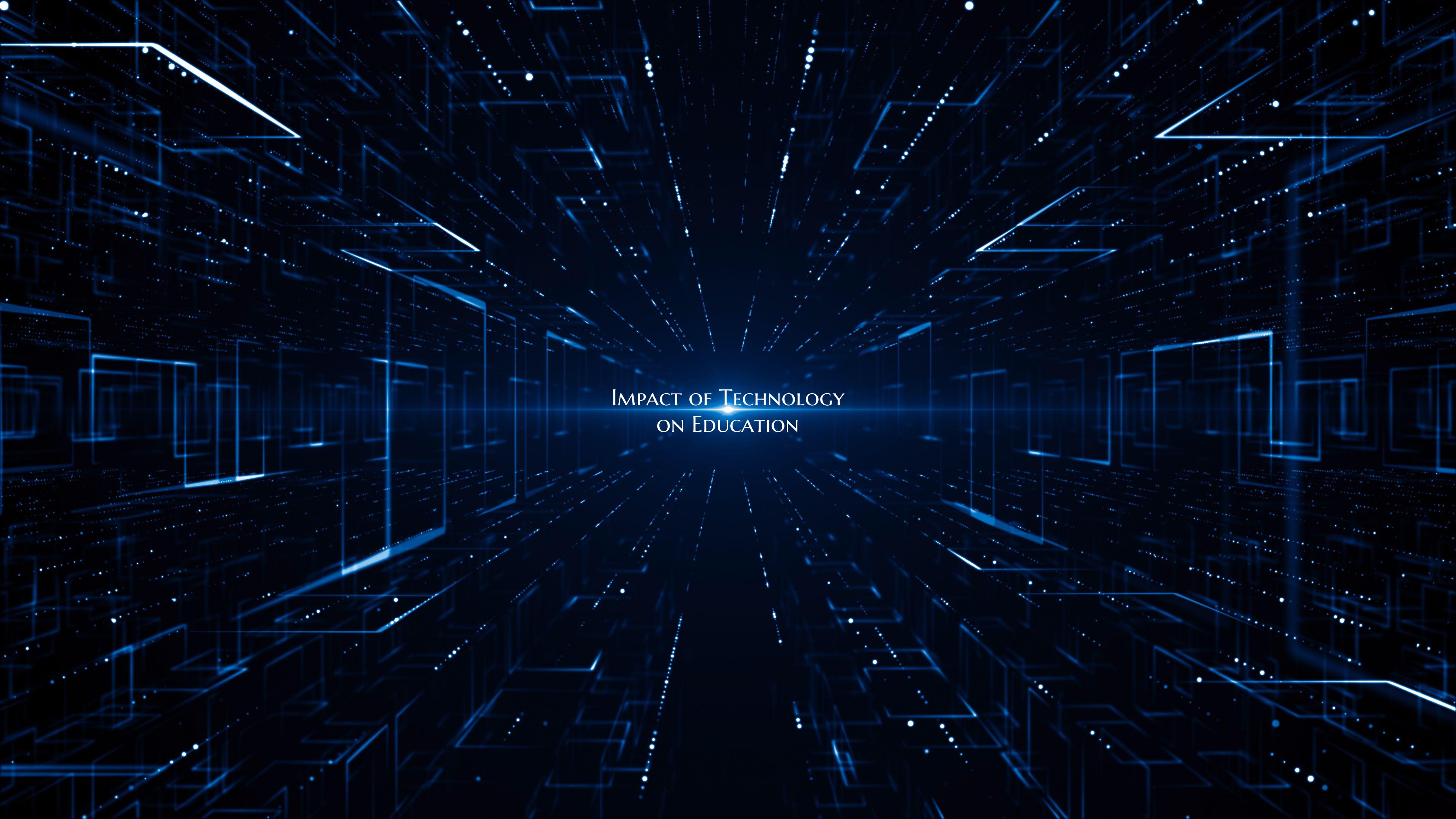Impact of Technology on Education
Technology has dramatically transformed the landscape of education, revolutionizing traditional teaching methods and expanding learning opportunities in ways previously unimaginable. The integration of technology in education has brought about significant benefits and positive impacts across both the teaching and learning processes.
One of the key advantages of technology in education is its ability to enhance the overall learning experience for students. Interactive digital tools, multimedia resources, and online platforms have made learning more engaging, personalized, and accessible. Students can now access a wealth of information and educational resources at their fingertips, enabling self-paced learning and independent exploration.
Furthermore, technology has helped bridge geographical barriers by enabling remote learning and virtual classrooms. This has revolutionized the concept of traditional classroom settings, allowing students to participate in online courses, webinars, and virtual lectures from anywhere in the world. As a result, technology has made education more inclusive and has provided opportunities for individuals who may not have access to conventional educational facilities.
In addition, technology has empowered educators with innovative tools and resources to create dynamic and interactive learning environments. Teachers can incorporate multimedia elements, simulations, and gamified experiences to cater to diverse learning styles and capture students' interest effectively. Furthermore, data analytics and learning management systems enable educators to track student progress, evaluate performance, and provide targeted support for individual learning needs.
The integration of technology in education has also revolutionized assessment methods, making evaluation more efficient and comprehensive. Digital assessments, online quizzes, and automated grading systems enable educators to provide instant feedback to students, facilitating continuous improvement and individualized learning pathways.
However, despite the numerous benefits of technology in education, challenges such as the digital divide, cybersecurity concerns, and the need for specialized training for educators exist. Addressing these challenges requires collaborative efforts from policymakers, educators, and technology providers to ensure equitable access to educational technology and promote responsible and safe technology use in educational settings.
In conclusion, the impact of technology on education has been profound, reshaping the way we teach and learn in the digital age. By leveraging the potential of technology to create engaging, inclusive, and personalized learning experiences, we can harness its transformative power to empower learners, enhance educational outcomes, and shape the future of education.

